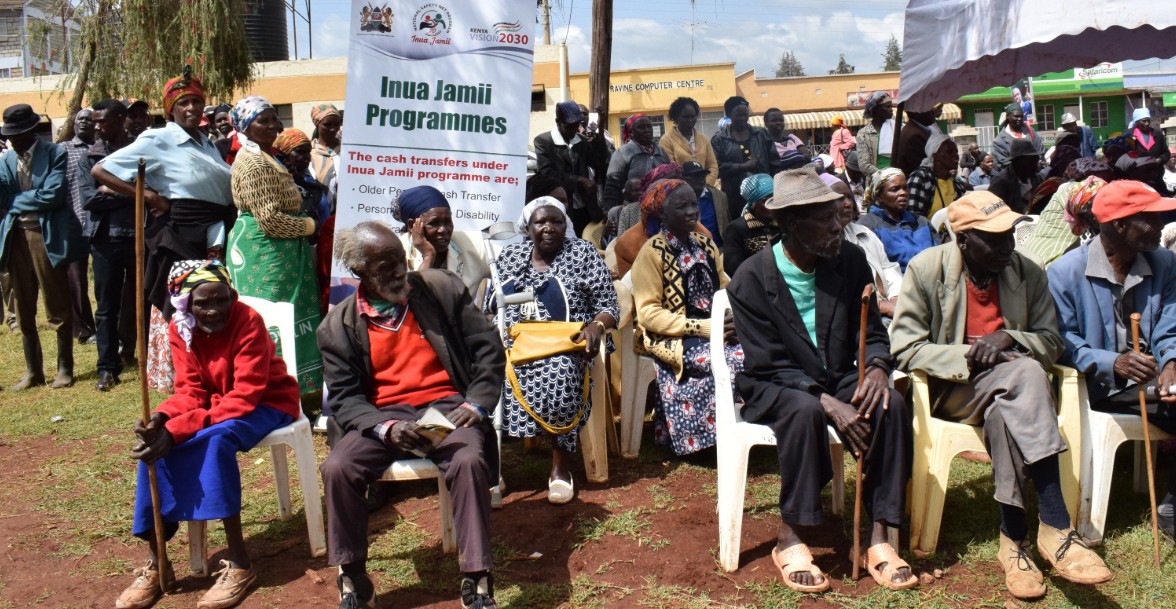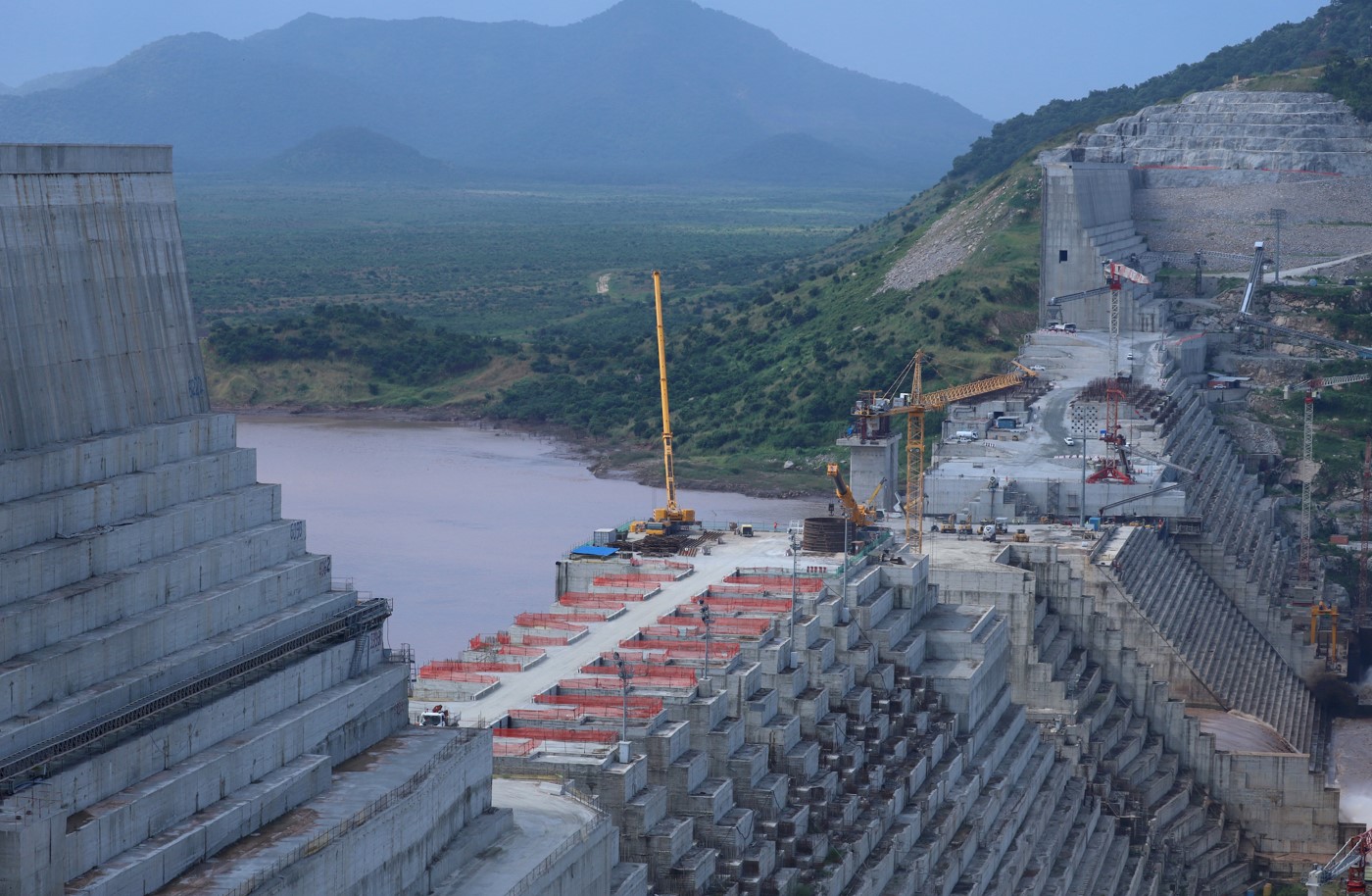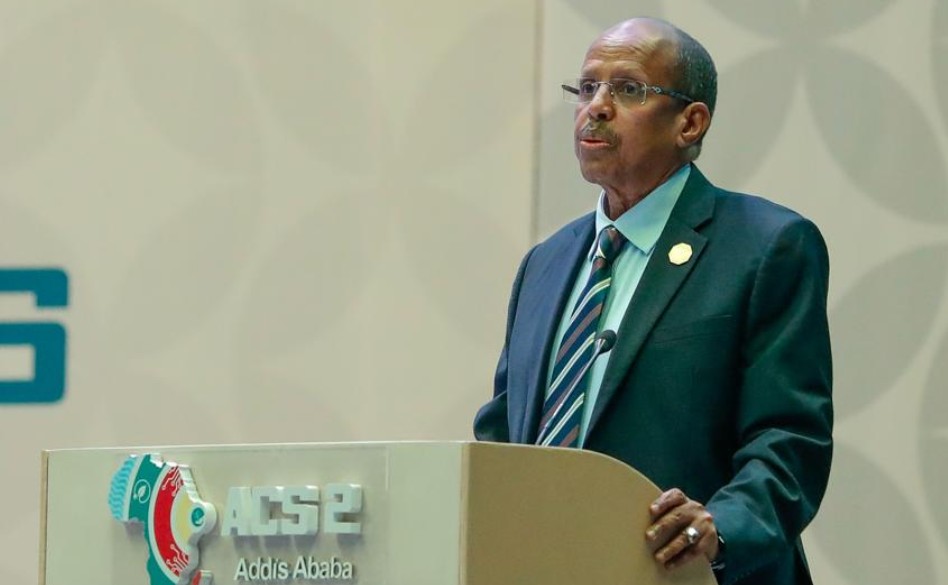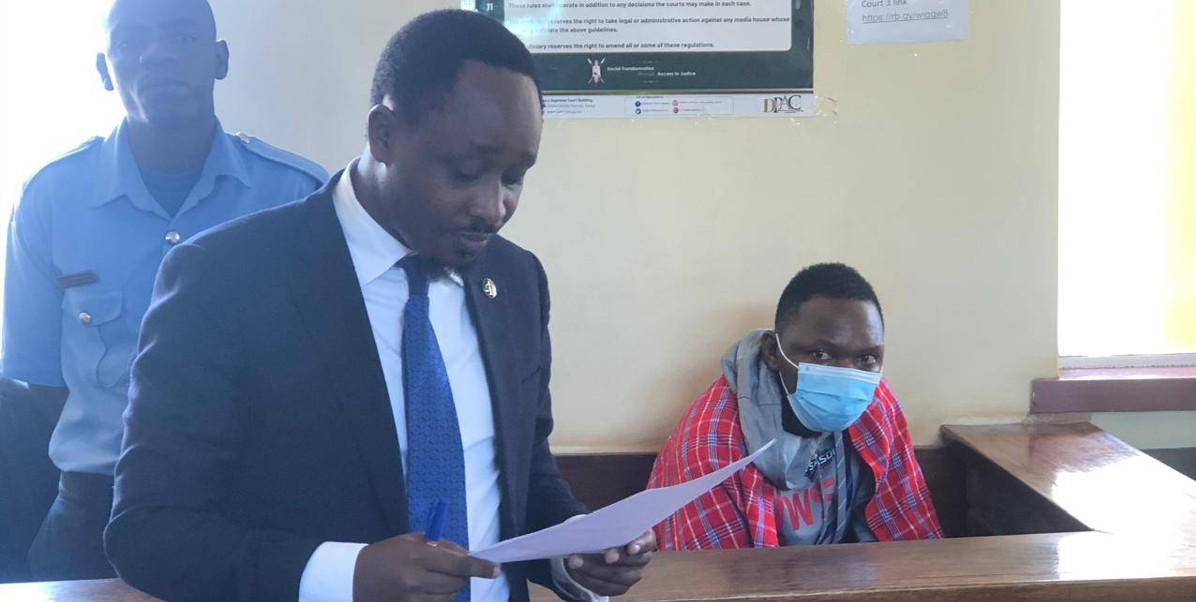Climate change: Women’s role in the economy is key to a just transition
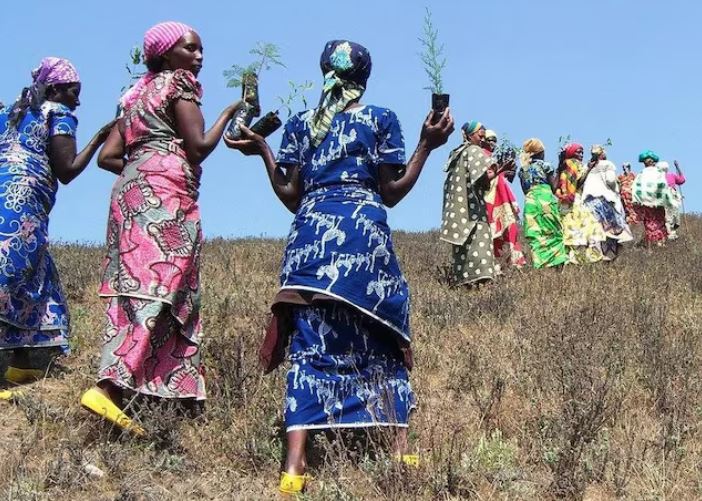
In many places, women are the primary caregivers for children, the sick or the elderly, as well as being responsible for cooking and cleaning in the household.
The realities of climate change are hitting home for many people living in the global south. Food security, water access and health have been jeopardised by the increased temperatures, extreme weather events and sea level rise.
In many places, women are the primary caregivers for children, the sick or the elderly, as well as being responsible for cooking and cleaning in the household. This kind of work can be described as care work, which is often unpaid or underpaid.
More To Read
- Africa urges wealthy nations for $50 billion annual climate support amid rising crises
- Kenya, Ethiopia to boost cooperation on renewable energy, climate finance as Ruto attends Africa climate summit
- Air pollution is on the rise – but not everywhere, says UN weather agency
- Ethiopia bids to host 2027 UN climate summit, rivalling Nigeria
- Nearly entire global population exposed to harmful environments - World Bank
- Proposed Bill set to mandate solar panels on new homes
The impacts of climate change will add to the required care work. This will put a strain on those who are responsible for these vital tasks. While women often do this work, it is also performed by children and other family members who can all take strain in these circumstances.
We are a group of gender equality and climate change and inequality researchers and economists who, in a recent working paper, proposed a set of principles that should be used for a “gender just transition”. These are based on a review of empirical literature mainly from the Global South on some of the unjust transitions already underway, as well as contributions by feminist scholars.
The transition to a low-carbon economy is underway across the world. However, gender justice is often neglected – and there is a risk that the transition won’t be just at all.
In our paper, we argue that a just transition requires a reckoning with power dynamics in climate policymaking.
The just transition
A just transition refers to the way in which a low- or zero-carbon economy is achieved. It should take economic and social justice concerns into account.
However, there has been a lack of serious engagement with the gendered dimensions of justice in policies being developed for the just transition. This raises the risk that transition policies sustain or worsen gender (and other) inequalities.
This is particularly true in the Global South, which is facing the greatest threats due to climate change and transition impacts.
Gender equality
Evidence suggests that the shift to renewable energy does not necessarily improve gender equity. Improved access to electricity can reduce the time needed for much housework. However, one case study in Zambia found that men often benefited from the increase in leisure time afforded by efficiencies in housework whereas women’s labour was shifted to other tasks.
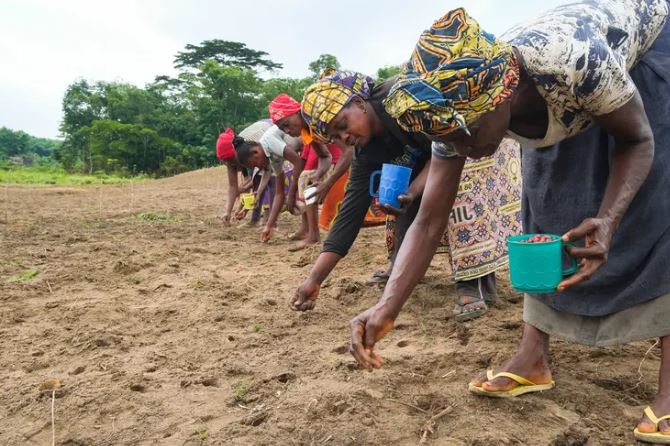 Women’s capacity to adapt to climate disasters is limited by socio-cultural norms, access to fewer socio-economic resources, formalised safety nets, and fewer possibilities to benefit from technologies and information. (Photo: CIFOR CC BY-NC-ND)
Women’s capacity to adapt to climate disasters is limited by socio-cultural norms, access to fewer socio-economic resources, formalised safety nets, and fewer possibilities to benefit from technologies and information. (Photo: CIFOR CC BY-NC-ND)
In India, a large renewable energy development led to land used for agriculture being sold or rented for renewable energy plants so the agricultural workers – most of whom were women – suffered loss of income.
In Zambia, electrification did not necessarily reduce the workload for cooking. This was mainly because solar mini-grids did not have enough capacity to power electric cookstoves. While the minigrid increased incomes for local businesses, these benefits were mostly enjoyed by men who were business owners.
In the case of a large solar power project in Morocco, women did not benefit because they were not landowners who could earn rental income. They did not participate in decision-making either.
Renewable electrification cannot be assumed to improve gender relations. If the energy transition ignores these inequalities, they could grow.
A just transition and gender justice
We combined insights on the gendered impacts of transition with feminist theory. This allowed us to expand on the key principles for just transition in a way that supports gender equality. These principles include:
Participatory justice: taking an equal part in decision-making and having accountable governance.
Distributive justice: the equal distribution of positive and negative impacts of transition.
Recognitional justice: recognising existing inequalities and contributions, and aiming to incorporate diverse knowledge and values.
Restorative justice: Acknowledging existing harms of environmental degradation and climate change which must be redressed and remediated.
We incorporated feminist perspectives to provide new interpretations of these principles:
Distributive justice: Equal access to resources and employment for all genders is central to feminist thought. The transition to a low-carbon economy is expected to benefit some and disadvantage others. Those who don’t have access to water, land or livelihoods are at greater risk in the transition.
Therefore, a gender-just transition requires the public and affordable provision of social goods. This includes education, healthcare, child and elderly care, energy and water infrastructure, and social protection – to relieve and redistribute care work.
A feminist approach to distributive justice requires thinking about how the economy is organised, what types of labour are valued, and how economic resources are distributed.
Participatory justice: Feminist theories focus attention on inequality, whether based on gender, race, class, ethnicity, or other categories. Feminists highlight the role of power in knowledge creation and who is called an “expert”. Participatory justice for a gender-just transition should shift the focus of participation in policymaking from elites to excluded groups, whose input should be valued as experts in their own contexts.
Recognitional justice: Feminist theory promotes a view of climate change and just transition as complex social problems. This recognises that humans are embedded in nature and acknowledges the important work that many groups are doing for sustainability and climate change. Recognitional justice should therefore acknowledge existing inequalities and contributions, and aim to incorporate diverse knowledge systems and values.
Restorative justice: Restorative justice should acknowledge, compensate and repair harms which are gendered. For example, industries such as coal mining have affected men and women in different ways. The environment also needs repair. Options for climate reparations must be explored at the local and global levels.
Exploring the evidence of the gendered impacts of climate change and transition in the Global South, and using feminist theory to extract key lessons which can be applied to the commonly used pillars of justice, allows for a more expansive and radical view of justice for a gender-just transition.
A gender-just transition requires a reckoning with power dynamics in climate policymaking.
Governments, development banks and all stakeholders working on efforts to achieve a just transition should use an expansive view of justice to address inequality of all kinds.
By Julia Taylor, Researcher in Climate and Inequality, University of the Witwatersrand
Imraan Valodia, Pro Vice-Chancellor, Climate, Sustainability and Inequality and Director, Southern Centre for Inequality Studies, University of the Witwatersrand
Katrina Lehmann-Grube, Associate Researcher in Climate Change and Inequality, University of the Witwatersrand
Sarah Cook, Associate Professor and visiting Researcher at the Southern Centre for Inequality Studies, University of the Witwatersrand
Somali Cerise, Practice to Research Associate, UNSW Institute for Global Development, UNSW Sydney
Top Stories Today




